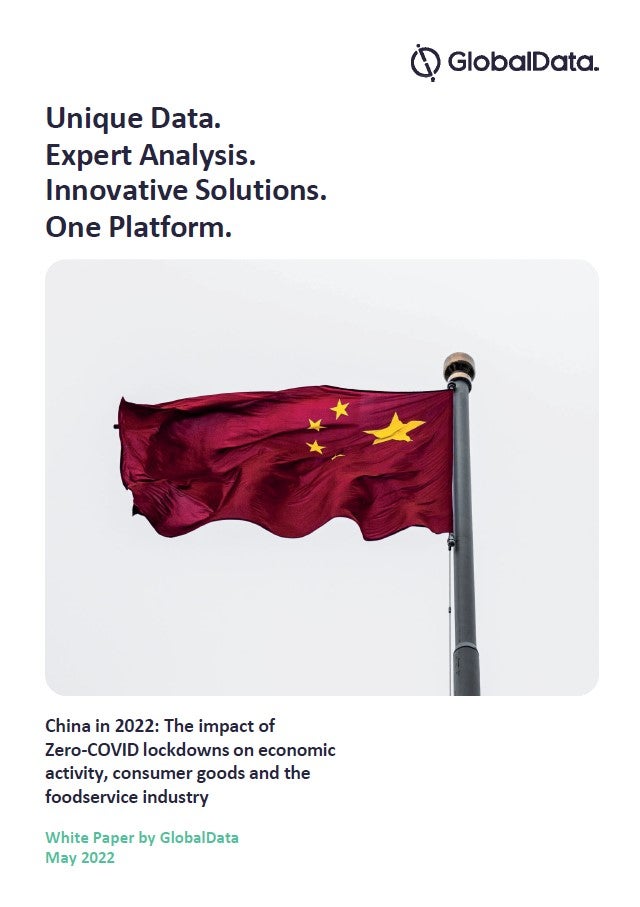The consequences of climate change, which have become more apparent, have forced companies to be more transparent about their environmental impact.
Listed below are the key regulatory trends impacting the carbon emissions theme, as identified by GlobalData.
UN Sustainable Development Goals (SDGs)
The United Nations Sustainable Development Goals are 17 goals that address various global challenges such as alleviating poverty and hunger, gender equality, offering clean water, sanitation or quality education. The goals include climate action and sustainable cities and communities, specifically targeting pollution and global carbon dioxide emissions.
How well do you really know your competitors?
Access the most comprehensive Company Profiles on the market, powered by GlobalData. Save hours of research. Gain competitive edge.

Thank you!
Your download email will arrive shortly
Not ready to buy yet? Download a free sample
We are confident about the unique quality of our Company Profiles. However, we want you to make the most beneficial decision for your business, so we offer a free sample that you can download by submitting the below form
By GlobalDataParis Agreement
Signed in 2016, it is an agreement within the United Nations Framework Convention on Climate Change (UNFCCC), and refers to issues such as greenhouse gas emissions mitigation, adaptation, and finance. The long-term goal is to keep the increase in global average temperature to below 2°C above pre-industrial levels and to make efforts to limit the growth to 1.5°C.
Mission 2020
In April 2017, another global initiative to reduce carbon emissions was launched by Christiana Figueres, former UN climate chief overseeing the signing of the Paris Agreement on climate change. Known as “Mission 2020”, the aim of the initiative was to bring “new urgency” to the “global climate conversation” with a call to begin the “rapidly declining” of global greenhouse gases (GHGs) by 2020.
Mission 2020 launched the Climate Turning Point campaign in a form of a published report, which was revised by the World Resources Institute in January 2019. Mission 2020’s main goal is to reach six carbon reduction milestones (in energy, infrastructure, transport, land use, industry, and finance) by 2020 in order to meet sustainable development goals (SDGs) by 2030.
World Bank carbon pricing
On 3 June 2014, The World Bank published a statement about “Putting a Price on Carbon”, encouraging countries, companies, and stakeholders to address climate change via carbon pricing. According to the financial institution, two types of carbon pricing can be used: emissions trading systems (ETS), and carbon taxes. ETS, also referred as cap-and-trade system, caps the total level of GHG emissions and allows industries with low emissions to sell the extra allowances to larger emitters, whereas a carbon tax refers to setting a price on carbon by directly defining a tax rate on GHG emissions or on carbon content of fossil fuels.
This is an edited extract from the Carbon Emissions in FMCG – Thematic Research report produced by GlobalData Thematic Research.







Related Company Profiles
ETS GmbH